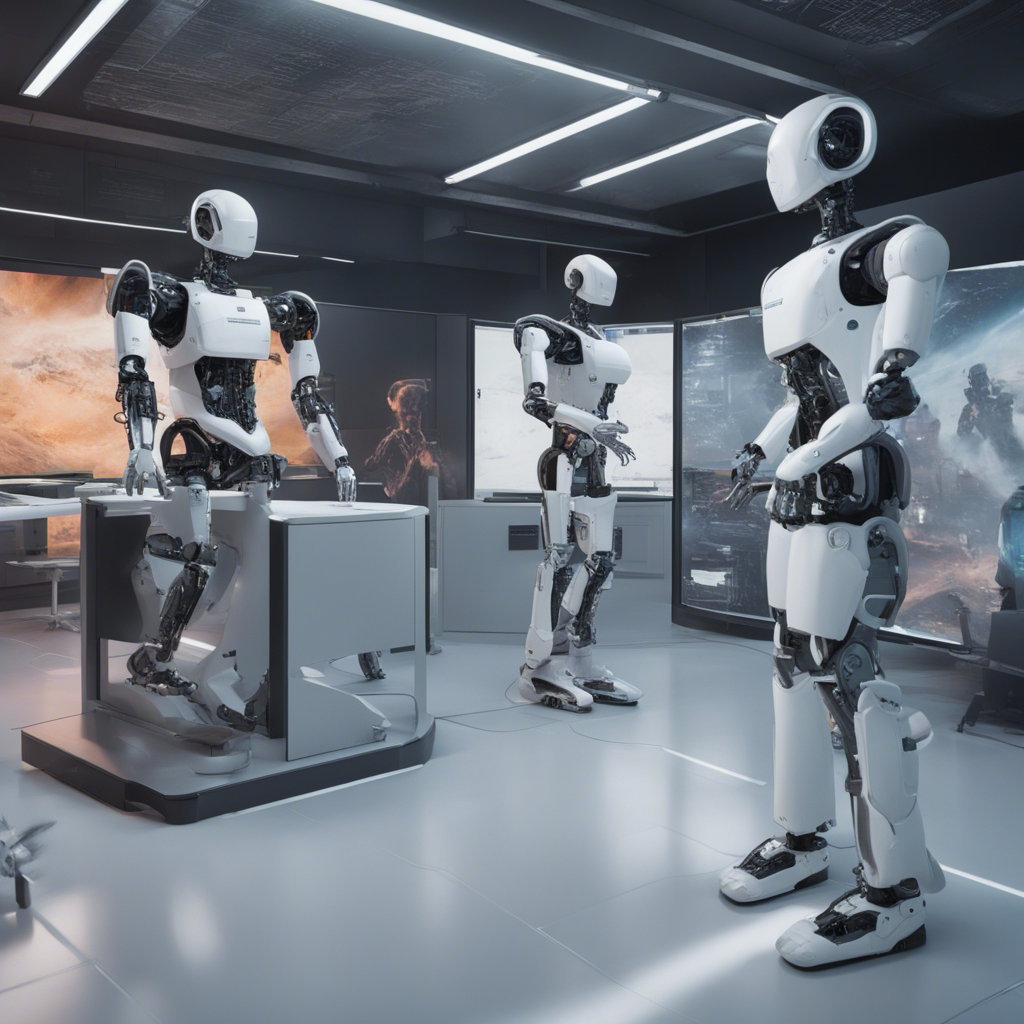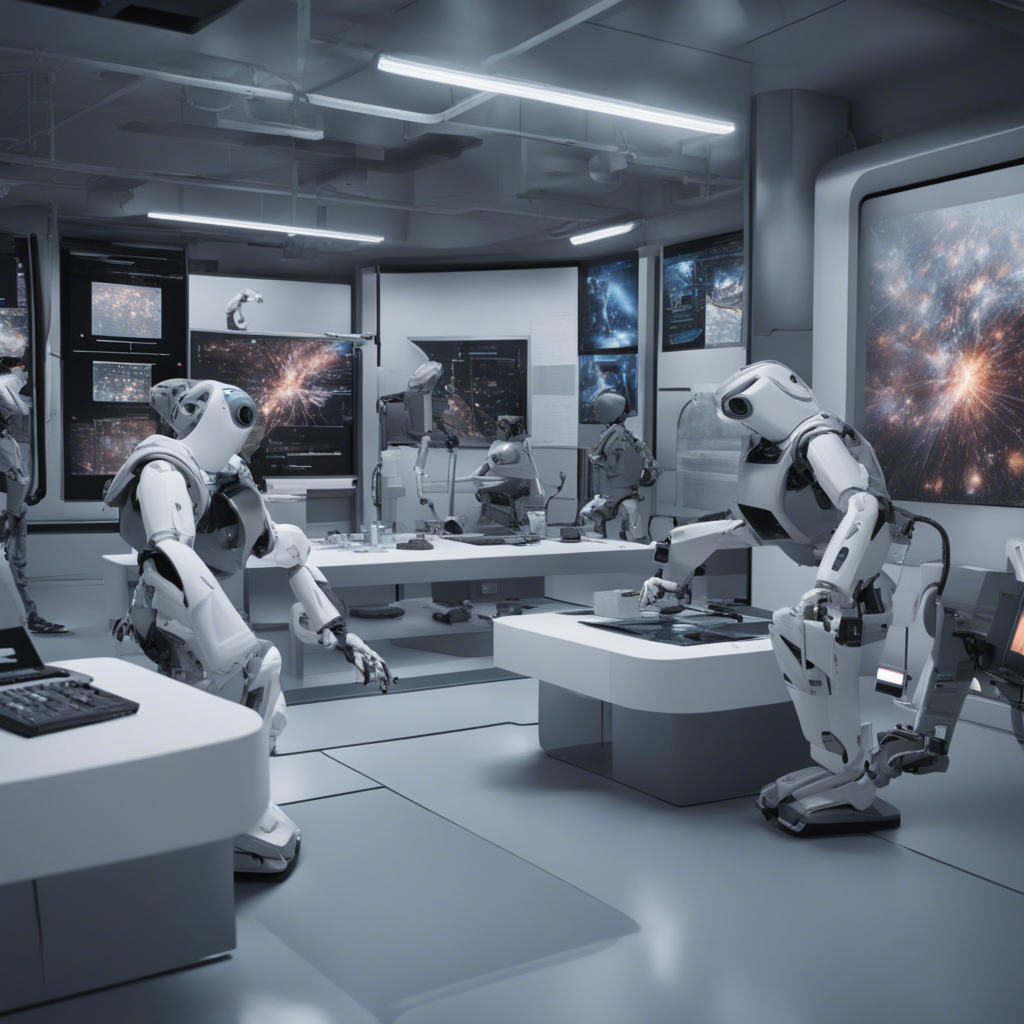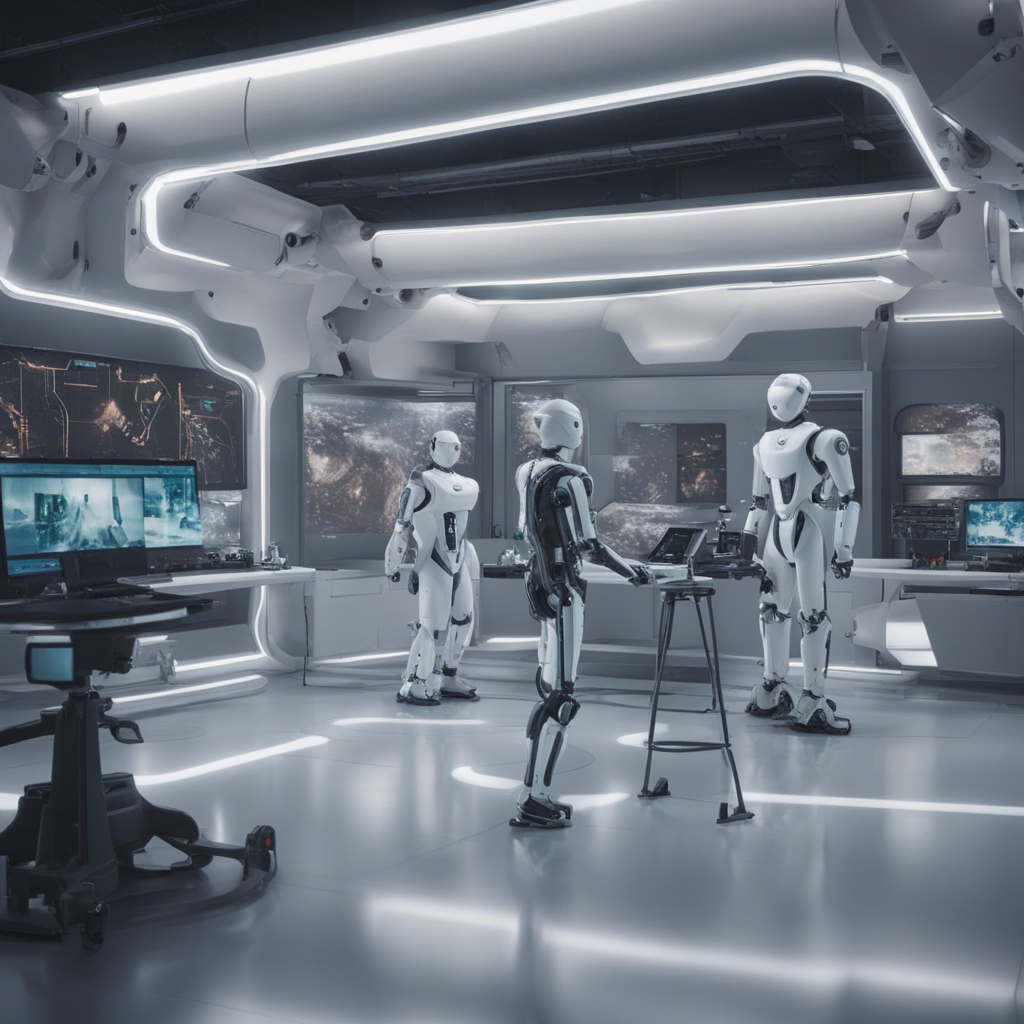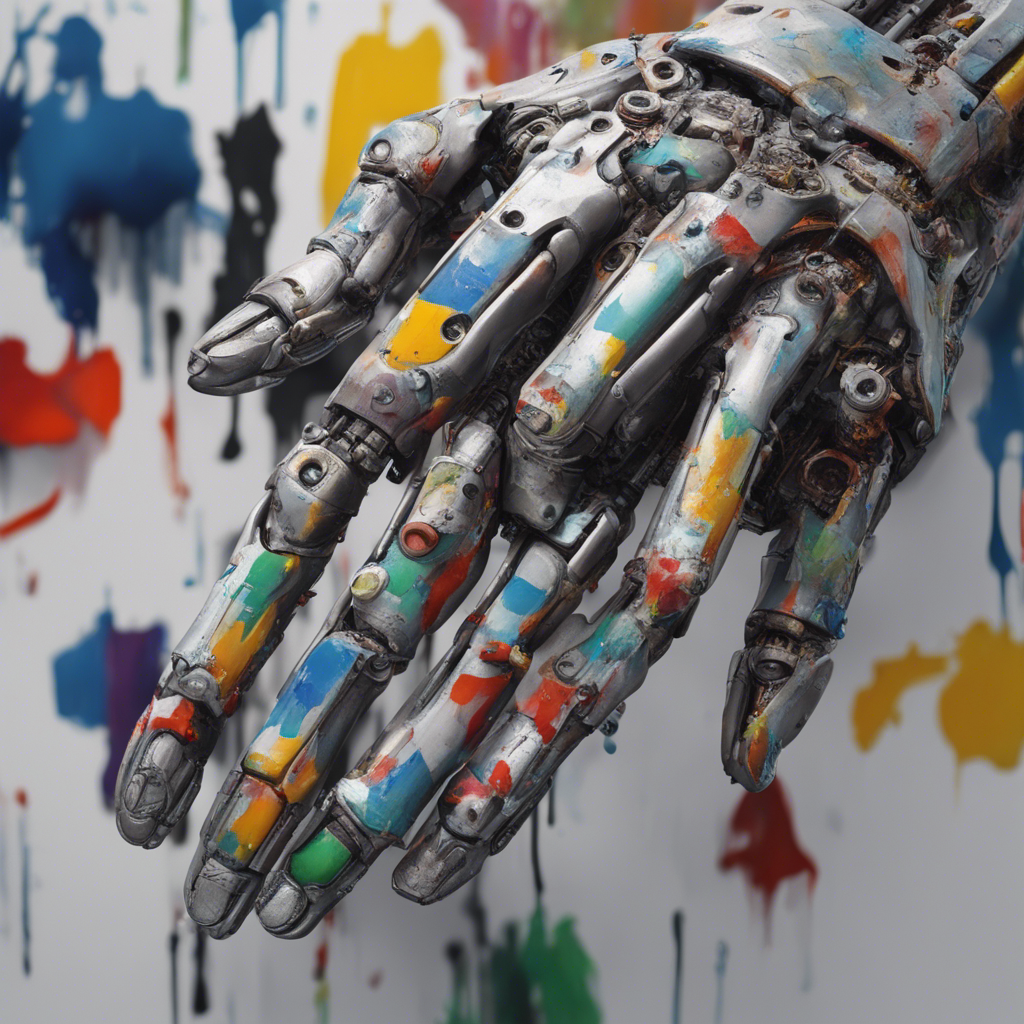
The Future of AI: Singularity and Beyond
Artificial Intelligence (AI) has rapidly transformed various industries, revolutionizing the way we live and work. From virtual personal assistants to self-driving cars, AI has established its presence in our daily lives. However, what lies ahead for AI? What does the future hold in terms of its development and impact on society? In this blog post, we will explore the concept of singularity and delve into the potential future of AI beyond that.
Understanding Singularity
Singularity, in the context of AI, refers to a hypothetical point in time when artificial intelligence surpasses human intelligence. It is often associated with the emergence of superintelligent machines capable of performing intellectual tasks far beyond human capabilities. This concept has garnered significant attention from scientists, researchers, and futurists, leading to intense speculation about its implications.
The Road to Singularity
To comprehend the potential future of AI, it is essential to understand the advancements and technologies leading to singularity. Here are some key areas driving the progress of AI:
Machine Learning and Deep Learning
Machine Learning (ML) is a subset of AI that allows machines to learn and make predictions based on patterns and data without explicit programming instructions. Deep Learning, on the other hand, is a specialized branch of ML that imitates the way the human brain functions, enabling machines to recognize complex patterns and extract meaningful insights.
Deep learning algorithms, such as neural networks, excel at tasks like image and speech recognition, natural language processing, and recommendation systems. As the capabilities of ML and deep learning continue to improve, we can expect AI systems to become more sophisticated.
Data Availability and Processing Power
The exponential growth of data, coupled with advancements in processing power and storage, has fueled the development of powerful AI algorithms. Big tech companies like Google, Facebook, and Amazon have amassed vast amounts of data that enable them to train AI models with unprecedented accuracy and efficiency.
Additionally, the advent of cloud computing has democratized access to high-performance computing resources, allowing smaller organizations and researchers to leverage AI capabilities without substantial infrastructure investments.
Ethical Considerations and Regulation
With the increasing adoption of AI, concerns regarding ethics and regulation have come to the forefront. AI-powered systems raise questions about privacy, algorithmic bias, and the potential for misuse. To mitigate these concerns, organizations and governments are working on developing guidelines and regulations to ensure the responsible and ethical use of AI.
Beyond Singularity: Exploring Potential Scenarios
While the concept of singularity sparks both excitement and apprehension, it remains a speculative phenomenon. Looking beyond this hypothetical event, here are some potential scenarios for the future of AI:
Advancements in Healthcare
AI has already demonstrated its potential in healthcare, with applications ranging from disease diagnosis to drug discovery. In the future, AI could significantly enhance personalized medicine, enabling tailored treatments based on patient-specific data. AI-powered robotic surgical systems may become more precise and efficient, reducing risks and enhancing surgical outcomes.
Enhanced Automation and Robotics
As AI advances, automation and robotics are expected to play a vital role in various industries. AI-powered machines and robots will likely take over repetitive and physically demanding tasks, freeing up human workers to focus on more creative and strategic endeavors.
AI in Transportation
Self-driving cars have already made headlines, but the future holds even more exciting possibilities. AI will continue to improve autonomous vehicle technology, making transportation safer, more efficient, and environmentally friendly. Urban mobility may transform with the integration of AI-powered systems, including smart traffic management and shared autonomous mobility services.
AI and Sustainability
AI can make significant contributions to sustainability efforts. With advanced predictive models, AI can facilitate efficient energy usage, optimize resource management, and develop sustainable solutions for industries such as agriculture and waste management. Harnessing the power of AI, we can work towards a more sustainable future.
Conclusion
The future of AI appears promising, with incredible potential to revolutionize diverse sectors. From healthcare to transportation and sustainability, AI has the capacity to reshape our world. While singularity remains a topic of intense speculation, it serves as a reminder of the exponential progress we have witnessed thus far. As AI continues to evolve, it is crucial to prioritize ethical considerations, regulation, and responsible development to ensure that AI benefits humanity in the most meaningful and inclusive ways possible.
References:






